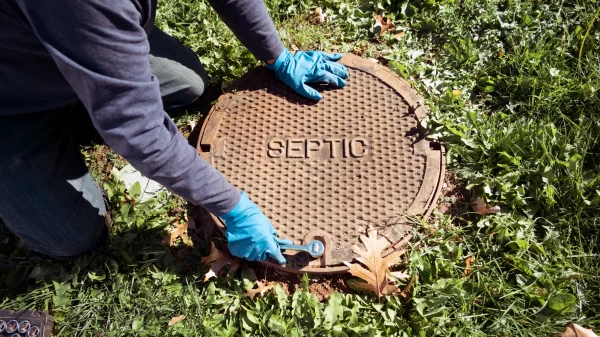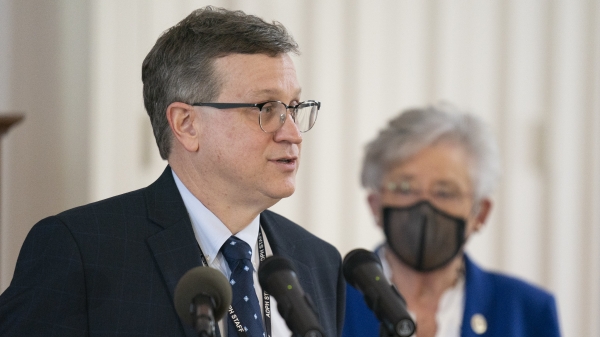|
Getting your Trinity Audio player ready...
|
The Fifteenth Judicial Circuit Court announced a decision today, stopping the Alabama Department of Public Health (ADPH) from halting operations of midwife-led birthing centers in the state. This means that facilities like Oasis Family Birthing Center in Birmingham, Alabama Birth Center in Huntsville, Birth Sanctuary in Gainesville, and others adhering to the American Association of Birth Centers’ standards can obtain operational licenses from the ADPH. Consequently, these centers can continue providing essential maternity care to residents.
In August, a coalition of midwives and doctors lodged the case following the ADPH’s ambiguous stance on the legalities surrounding midwife-led birthing centers. The ADPH had previously insisted on these centers having a “hospital” license, despite them catering exclusively to low-risk patients through a widely accepted out-of-hospital care model. The ADPH’s restrictive licensing approach led to the unjust shutdown of one birth center earlier this year, even though it had an impeccable safety record.
Whitney White, an attorney with the ACLU Reproductive Freedom Project, stated, “We commend the court’s decision to overturn the ADPH’s unjustified de facto prohibition on birthing centers. This move ensures that dedicated healthcare providers can continue offering crucial services to expectant mothers across Alabama.”
The implicit ban by ADPH was particularly detrimental in Alabama, a state bearing the third-highest maternal mortality rate nationwide, with Black women facing a disproportionately higher risk. Moreover, Alabama has the nation’s sixth-highest infant mortality rate, with Black infants being overrepresented in these statistics. An increasing number of maternal health deaths in the state further aggravates these alarming figures.
In Alabama, 43 out of its 64 counties are almost devoid of maternity care services. To mitigate this glaring gap, midwives and healthcare providers aim to establish birthing centers, offering a safe and nurturing atmosphere for low-risk patients. These centers are crucial, especially for those weighing between home births, hospital deliveries, or those lacking nearby maternity care.
The legal action, Oasis Family Birthing Center et. al. v. Alabama Department of Public Health, was initiated in the Fifteenth Judicial Circuit Court in Montgomery. Parties involved include the American Civil Liberties Union, the ACLU of Alabama, Bobby Segall of Copeland Franco, and representatives from various birthing centers and affiliates of the American College of Nurse-Midwives.
A copy of the ruling issued today can be found here.
An overview of the case can be found here.






















































